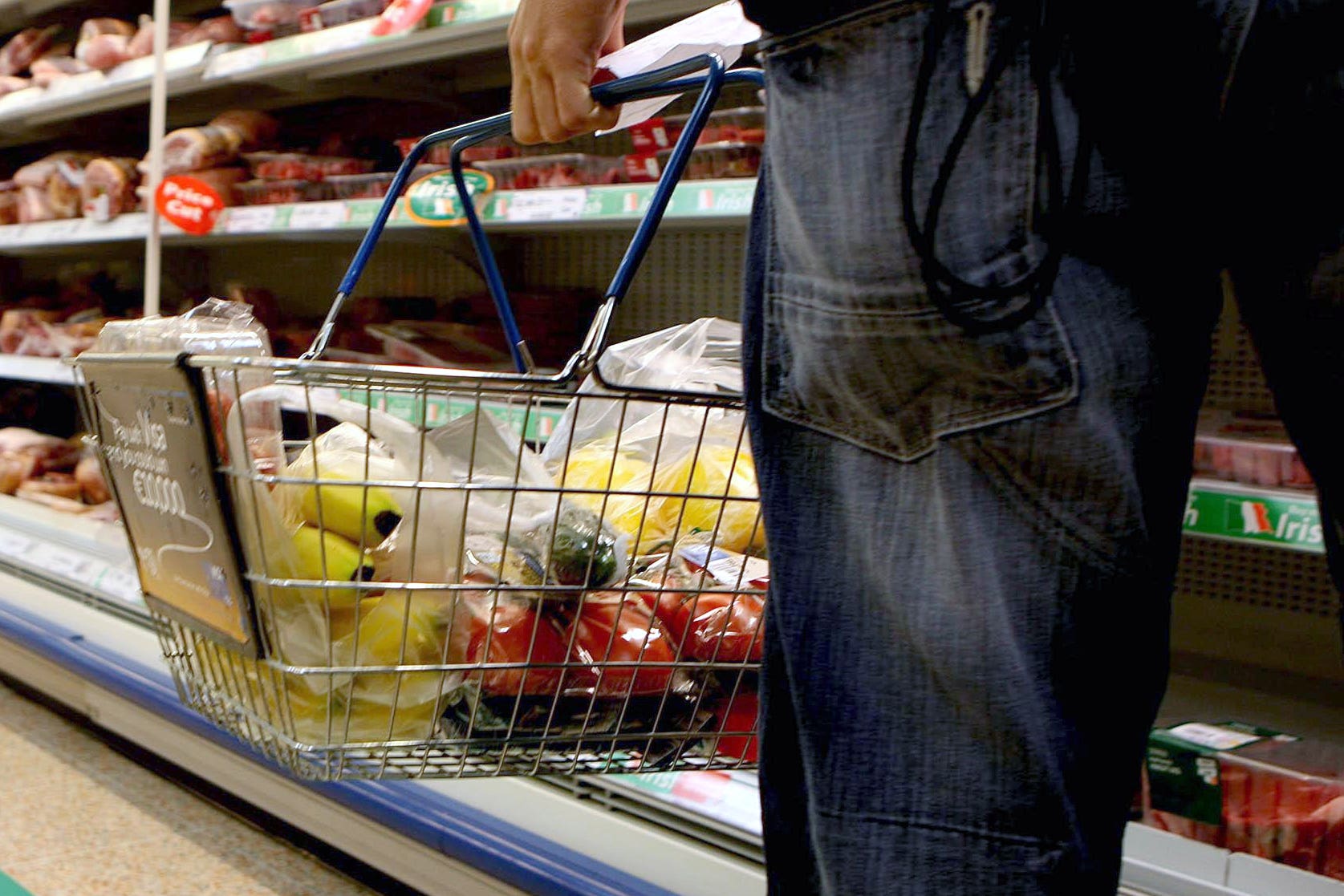Shop price inflation eases for sixth consecutive month
Shop prices were 4.3% higher than last November, according to the British Retail Consortium (BRC)-NielsenIQ Shop Price Index.

Your support helps us to tell the story
From reproductive rights to climate change to Big Tech, The Independent is on the ground when the story is developing. Whether it's investigating the financials of Elon Musk's pro-Trump PAC or producing our latest documentary, 'The A Word', which shines a light on the American women fighting for reproductive rights, we know how important it is to parse out the facts from the messaging.
At such a critical moment in US history, we need reporters on the ground. Your donation allows us to keep sending journalists to speak to both sides of the story.
The Independent is trusted by Americans across the entire political spectrum. And unlike many other quality news outlets, we choose not to lock Americans out of our reporting and analysis with paywalls. We believe quality journalism should be available to everyone, paid for by those who can afford it.
Your support makes all the difference.Shop price inflation has eased for the sixth month in a row as retailers compete fiercely for customers ahead of Christmas, figures show.
Shop prices were 4.3% higher than last November, down from October’s 5.2% and the lowest inflation since last June, according to the British Retail Consortium (BRC)-NielsenIQ Shop Price Index.
Food inflation overall slowed to 7.8% from October’s 8.8%, the seventh consecutive drop and its lowest rate since last July due to lower domestic energy prices cutting costs, particularly for dairy products, with fresh food inflation slowing to 6.7% from the previous month’s 8.3%.
Ambient food inflation slowed to 9.2% but remained higher than fresh food due to a larger proportion of goods being imported to the UK and affected by the weak pound.
Prices on items other than food are now 2.5% higher than last November, down from October’s 3.4%.
However, BRC chief executive Helen Dickinson warned that business rate rises and National Living Wage increases would “likely” stall or even reverse falling inflation.
Ms Dickinson said: “Retailers are committed to delivering an affordable Christmas for their customers.
“They face new headwinds in 2024, from Government-imposed increases in business rates bills to the hidden costs of complying with new regulations.
Food retailers will be optimistic that footfall will increase as inflation slows and shoppers get into a festive mood
“Combining these with the biggest rise to the National Living Wage on record will likely stall or even reverse progress made thus far on bringing down inflation, particularly in food.”
Mike Watkins, head of retailer and business insight at NielsenIQ, said: “With the recent slow-down in consumer spending, many non-food retailers will have been reliant on Black Friday to kick starts sales to avoid discounting in December, whereas food retailers will be optimistic that footfall will increase as inflation slows and shoppers get into a festive mood.
“Across all retail, this year shoppers will be making savings on everyday essentials to help pay for their family Christmas.”